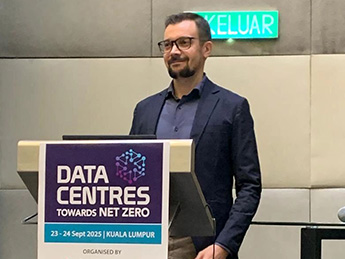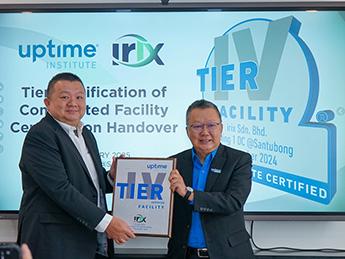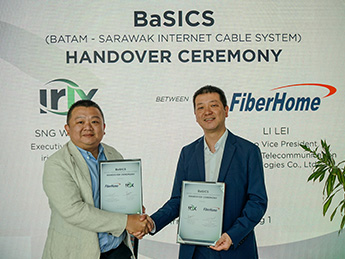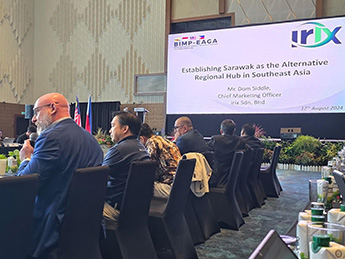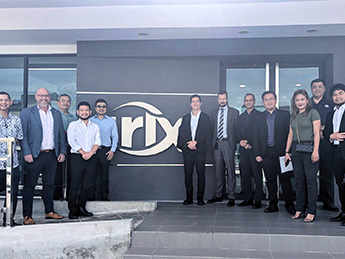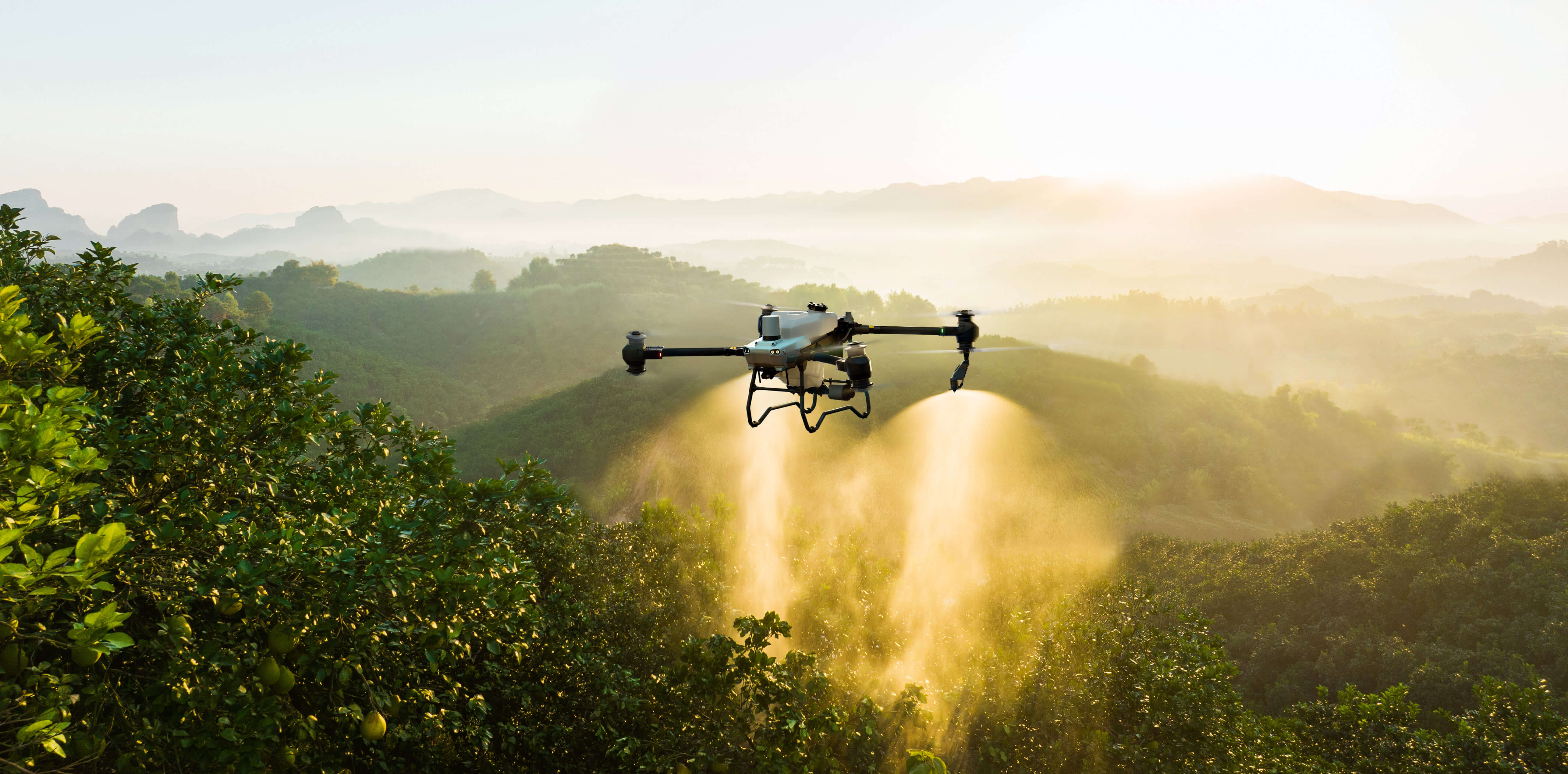
Food insecurity remains a critical issue globally, and Malaysia is not exempt from its adverse effects. The Food and Agriculture Organisation (FAO) estimated that nearly 690 million people were undernourished in 2019, highlighting the urgent need for sustainable solutions. In Sarawak, the agricultural sector faces unique and comprehensive challenges. Climate change, with its extreme weather events and shifting patterns, severely disrupts agricultural production. A 2019 report by the Intergovernmental Panel on Climate Change (IPCC) indicated that climate change could reduce crop yields by up to 30% by 2050, posing a significant threat to food security.
Sarawak's population growth exacerbates the demand for food, with local estimates projecting significant increases in the coming decades. This growing demand puts additional pressure on the already strained agricultural sector. Supply chain disruptions, including transportation inefficiencies and food spoilage, further diminish food availability and access. The region's limited access to advanced technology and resources compounds these challenges, making it difficult for farmers to adopt modern agricultural practices.
In light of these pressing issues, innovative solutions are essential to bolster food security in Sarawak. Artificial Intelligence (AI) is emerging as a pivotal tool in addressing the myriad agricultural challenges faced by the region. AI-driven technologies have the potential to optimise various aspects of agriculture, from precision farming to supply chain management. By leveraging AI, farmers can make data-driven decisions, enhance crop yields, and reduce waste, thereby improving overall food security.
As Malaysia, and particularly Sarawak, navigates the complex landscape of food security, it is imperative to explore how AI can play a transformative role. Let’s delve into the reasons why AI might be the key to enhancing food security in the region:
1. Precision Agriculture
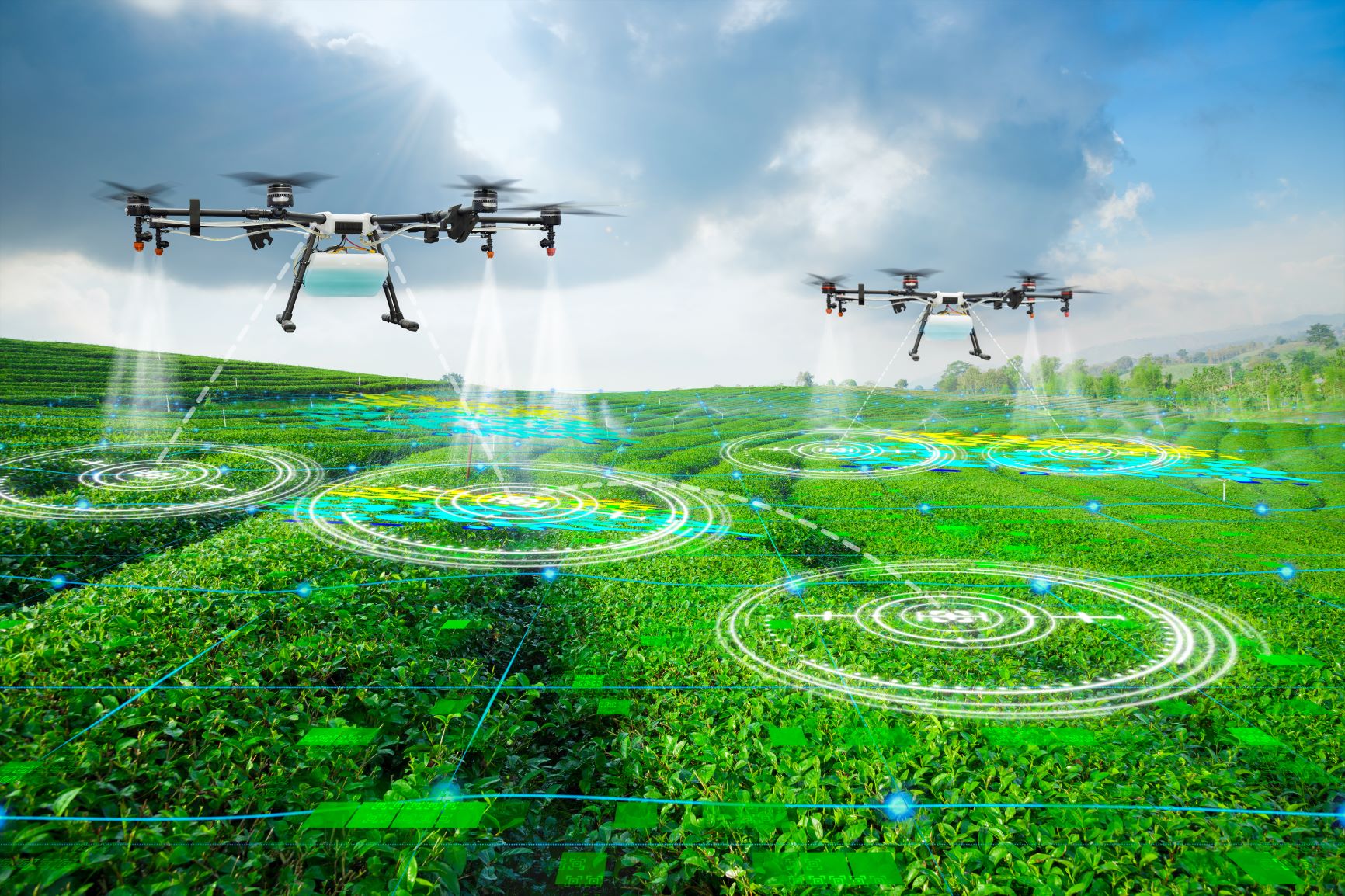
AI-driven technologies are revolutionising precision agriculture, allowing for more accurate and efficient farming practices. In Sarawak, AI-enabled sensors and drones are employed to monitor crop health, soil conditions, and weather patterns. This real-time data allows farmers to make informed decisions about irrigation, fertilisation, and pest control.
Precision Agriculture initiatives are actively being pursued in Sarawak. Efforts such as the proposed development of the Tarat and Semenggok SARTECH (Sarawak Agro-Technology Park) demonstrate a commitment to integrating technology into the region’s agricultural fabric. By utilising AI, farmers can optimise their practices to increase yields and ensure more stable food production.
Reference: Revolutionising Sarawak’s Agriculture Through Smart Farming →
2. Efficient Operations and Automation
AI applications can significantly improve pest and disease management. AI can be used in advisory tools such as to identify plant diseases and pests from images, providing farmers with timely and accurate treatment recommendations.
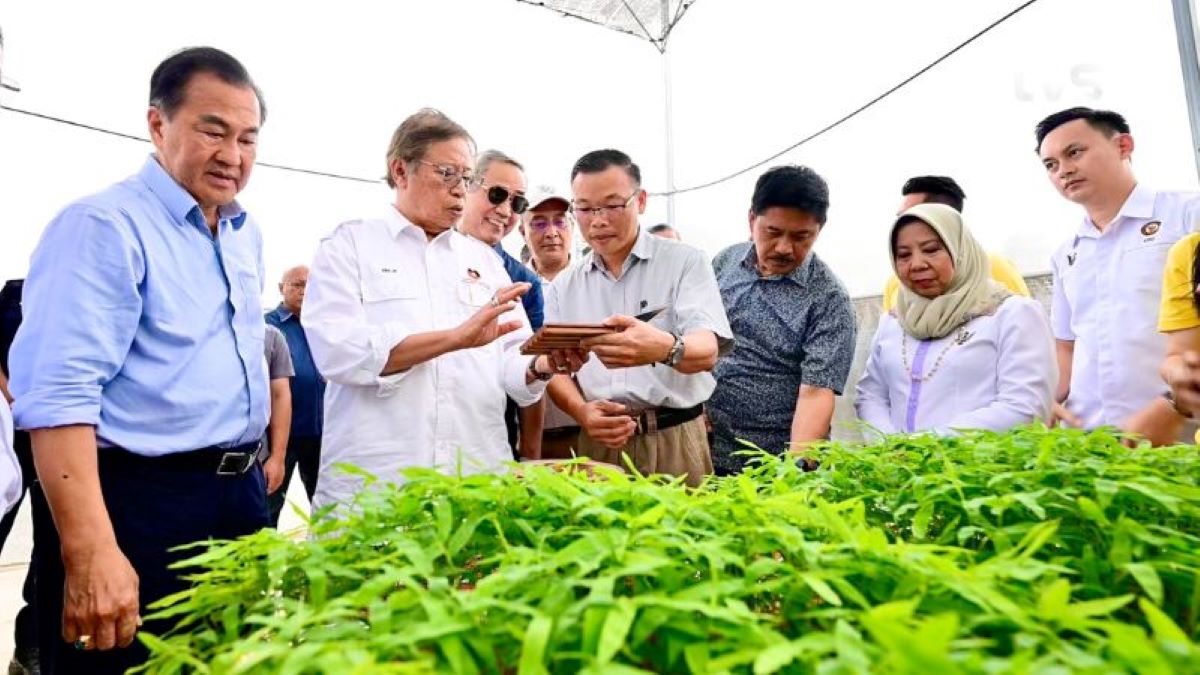
In Kuala Baram, Miri, in northern Sarawak, a pilot smart-township project incorporating smart farming concept is being implemented. The project will utilise automation systems and mobile apps to automate irrigation process, application of fertilisers, control of pests and diseases as well as climate control in the greenhouses. By monitoring environmental data and agricultural images, AI enables efficient operation of smart farms enhancing overall productivity and sustainability
Reference:
Sarawak to pioneer smart farming in new townships →
Perumahan di Kuala Baram, bandar ‘smart farming’ pertama di Sarawak →
3. Optimising Resource Use
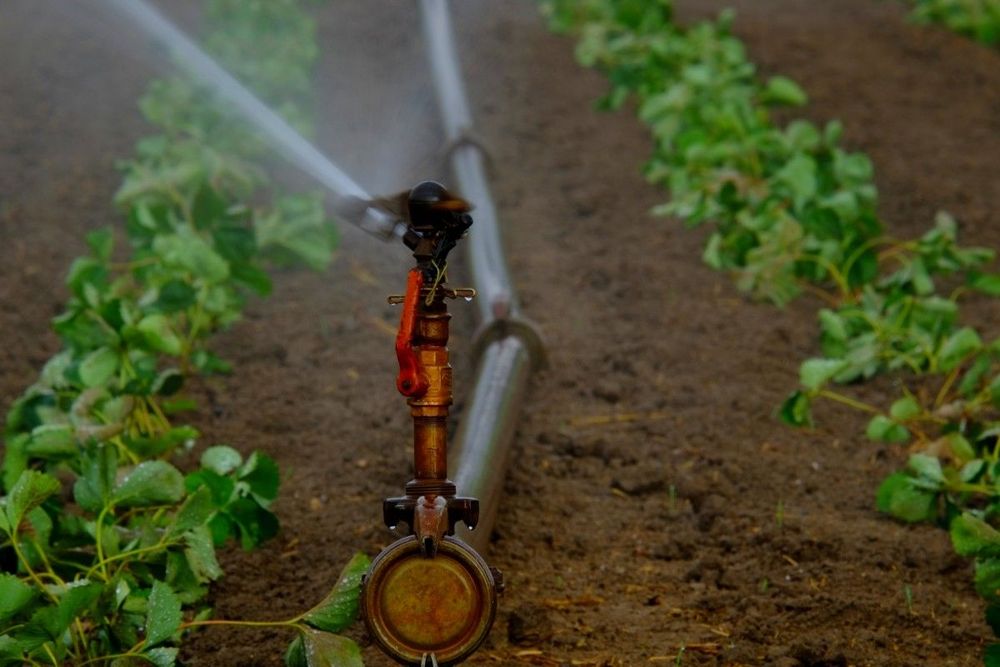
AI is instrumental in promoting sustainable agricultural practices by optimising resource use. For instance, the IBM Watson Decision Platform for Agriculture integrates AI to optimise water and fertiliser application based on real-time data. In Sarawak, IBM Malaysia is collaborating with Sarawak Multimedia Authority (SMA) in ensuring such technologies are being adopted to ensure that resources are used efficiently, reducing waste and environmental impact. By enhancing the precision of resource management, AI contributes to sustainable farming and long-term food security.
Reference: IBM Watson Decision Platform for Agriculture →
4. Enhancing Supply Chain Efficiency
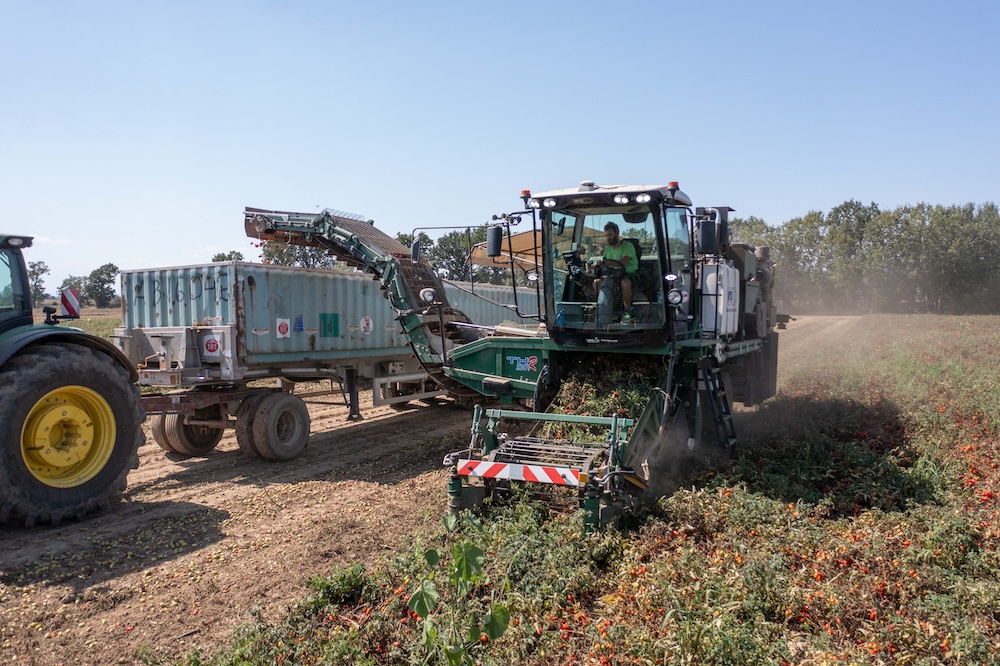
AI improves the efficiency of food supply chains by streamlining logistics and reducing food wastage. Global Startups like AgriChain and FoodLogiQ use AI to enhance transparency and optimise supply chain operations. While it is yet to be fully embraced in Sarawak, AI-driven platforms can be used to address local supply chain challenges, ensuring that food products are transported and stored efficiently. This reduces spoilage and ensures that fresh produce reaches consumers, thereby strengthening food security.
Reference: Artificial Intelligence in Extended Agri-Food Supply Chain →
5. Promoting Financial Inclusion for Farmers
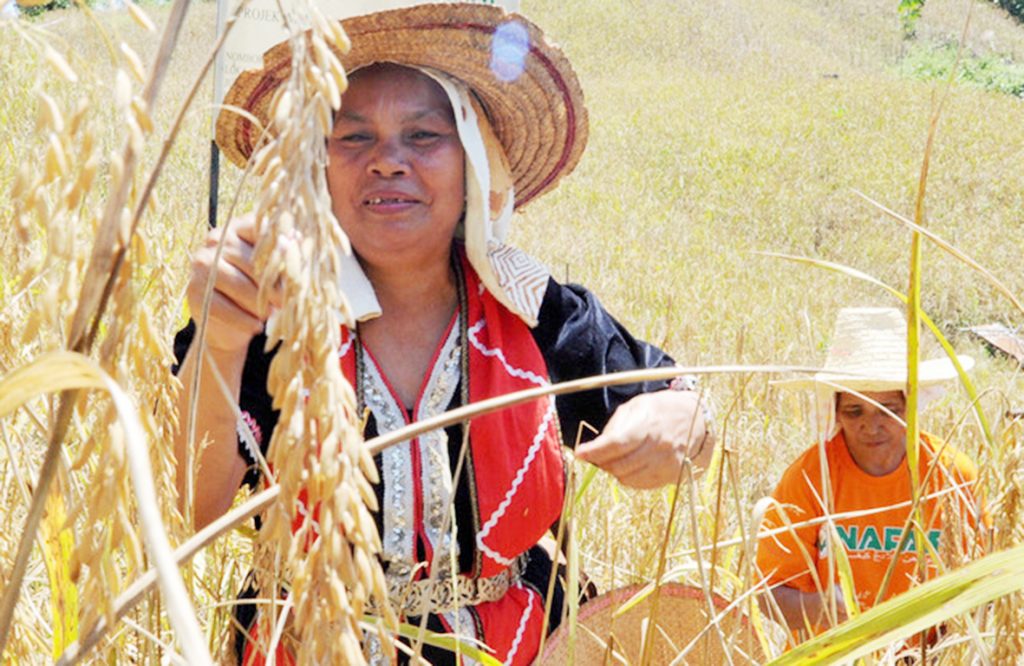
AI-driven financial services are enhancing financial inclusion for smallholder farmers, enabling them to access credit and insurance. Bank Muamalat for example, is partnering with Google Cloud to bring improved personalised services, and explores the use of generative AI to automate routine tasks such as investment research, marketing, customer segmentation, as well as customer acquisition and retention strategies. This innovation is making financial services more accessible to those without traditional credit histories. This support helps farmers invest in their operations, manage risks, and ultimately contribute to a more secure food supply.
Reference: How AI is Revolutionising the Financial Services Industry in Malaysia →
Conclusion
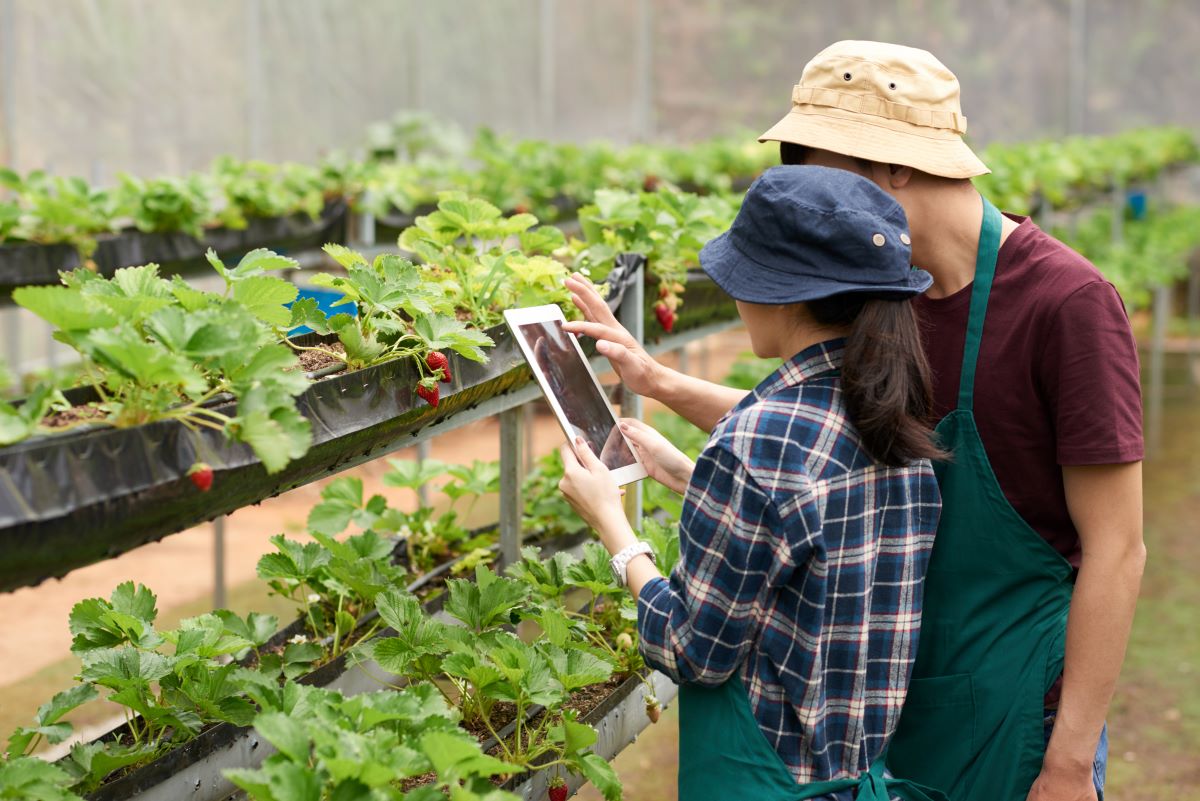
In conclusion, addressing food insecurity in Sarawak requires a comprehensive approach that leverages the power of technology and innovation. The challenges posed by climate change, population growth, and supply chain inefficiencies are substantial, but not unbeatable. Artificial Intelligence offers promising solutions that can revolutionise agriculture in the region. By enabling precision farming, optimising resource use, and improving supply chain management, AI can play a crucial role in enhancing food security.
However, the successful implementation of AI-driven solutions necessitates collaboration between the government, private sector, and local communities. Investment in infrastructure, education, and technology is vital to ensure that farmers have the tools and knowledge needed to adopt these innovations. Furthermore, policies that support sustainable agricultural practices and mitigate the impacts of climate change will be essential in creating a resilient food system.
As Sarawak embarks on this journey towards food security, embracing AI can pave the way for a future where nutritious food is accessible to all. By harnessing the potential of AI, Sarawak can set a precedent for other regions facing similar challenges, demonstrating that technology, when applied thoughtfully and inclusively, can be a powerful force for good. Together, with a shared vision and concerted effort, Sarawak can achieve a food-secure future for its people.





